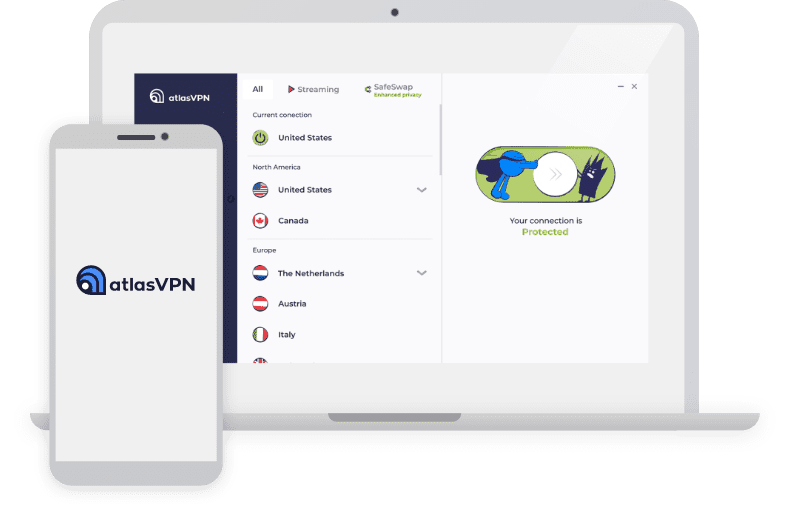Table of Contents
Time Management: Maximizing
Productivity and Success
In today’s fast-paced world, time management has become a critical skill for individuals aiming to achieve their goals and lead fulfilling lives. Effective time management isn’t just about getting more done in less time; it’s about prioritizing tasks, staying focused, and maintaining a healthy work-life balance. In this article, we’ll delve into the intricacies of time management, exploring its importance, strategies, challenges, and benefits.

Introduction to Time Management
Time management involves strategizing and regulating the allocation of time for various tasks and activities. It’s about making the most of the time available to you, ensuring that you allocate your resources efficiently to achieve your objectives. Whether you’re a student, a professional, or an entrepreneur, mastering time management is essential for success.
Understanding Time Management
At its core, time management involves understanding the value of time and prioritizing tasks accordingly. It’s about making conscious choices about how to spend your time to maximize productivity and minimize wasted effort. Effective time management requires discipline, focus, and the ability to balance competing demands on your time.
Identifying Time Wasters
One of the biggest challenges to effective time management is dealing with distractions and procrastination. From checking social media to engaging in non-essential tasks, there are countless ways we can squander our time without even realizing it. Recognizing these time wasters is the first step towards overcoming them and reclaiming control over your schedule.
Strategies for Effective Time Management
Thankfully, there exists a plethora of strategies and techniques designed to enhance your time management prowess. From prioritizing tasks to setting specific, measurable goals, these methods can empower you to make the most of your time and accomplish more in less time.
Creating a Time Management Plan
Developing a personalized time management plan is crucial for success. This involves assessing your current time usage, identifying areas for improvement, and implementing strategies to address them. By creating a roadmap for how you’ll spend your time, you can increase efficiency and reduce the likelihood of wasting time on unimportant activities.
Implementing Time Management Techniques
Putting time management techniques into practice requires discipline and consistency. Whether it’s breaking tasks into smaller, more manageable chunks or using tools like calendars and to-do lists to stay organized, finding the methods that work best for you is key to success.
Overcoming Time Management Challenges
Despite our best efforts, there will inevitably be challenges and obstacles to effective time management. Whether it’s dealing with unexpected disruptions or managing stress and overwhelm, it’s important to develop resilience and adaptability to navigate these challenges successfully.
Benefits of Effective Time Management
The advantages of mastering time management are abundant and wide-ranging. Not only does it increase productivity and efficiency, but it also reduces stress levels and improves overall well-being. By managing your time effectively, you can achieve more in less time and enjoy a greater sense of satisfaction and accomplishment.
Case Studies and Success Stories
Numerous individuals and organizations have experienced the transformative power of effective time management. From successful entrepreneurs to high-achieving students, there are countless examples of how mastering time management can lead to success and fulfillment.
Time Management Tips for Different Settings
Whether you’re a student juggling coursework and extracurricular activities, a professional balancing multiple projects and deadlines, or an entrepreneur trying to grow your business, there are time management tips and Methods customized to suit your individual requirements and situations.
Balancing Work and Personal Life
Attaining a harmonious work-life equilibrium is crucial for holistic well-being and contentment. By setting boundaries, prioritizing self-care, and making time for activities outside of work, you can prevent burnout and maintain a fulfilling personal life alongside your professional responsibilities.
Continuous Improvement in Time Management
Effective time management is an ongoing process that requires constant evaluation and adjustment. By reflecting on your progress, identifying areas for improvement, and making changes as needed, you can continue to refine your time management skills and achieve even greater levels of success.
Time Management in the Digital Age
In the contemporary digital landscape, technology serves as a double-edged sword in the realm of time management. While tools like smartphones and productivity apps can enhance efficiency and organization, they can also be sources of distraction and overwhelm. Finding the right balance is key to leveraging technology effectively in your time management efforts.

The Psychology of Time Management
Finally, it’s essential to recognize the psychological aspects of time management. Our perceptions of time, attitudes towards deadlines, and beliefs about our ability to manage our time effectively can all influence our behavior and productivity. By cultivating a positive mindset and adopting strategies to overcome psychological barriers, you can enhance your time management skills and achieve your goals more effectively.
Conclusion
In conclusion, time management is a critical skill that can have a profound impact on your productivity, success, and overall well-being. By understanding the principles of effective time management, implementing proven strategies and techniques, and continuously striving for improvement, you can take control of your time and achieve your goals with greater efficiency and satisfaction.
FAQs (Frequently Asked Questions)
- What steps can I take to combat procrastination and enhance my time management abilities?
- What are some common time management mistakes to avoid?
- Is multitasking an effective time management strategy?
- How do unexpected disruptions and distractions impact productivity, and what strategies can I employ to mitigate their effects?
- What significance does prioritization hold in the realm of efficient time management, and how can it be leveraged to maximize productivity?



